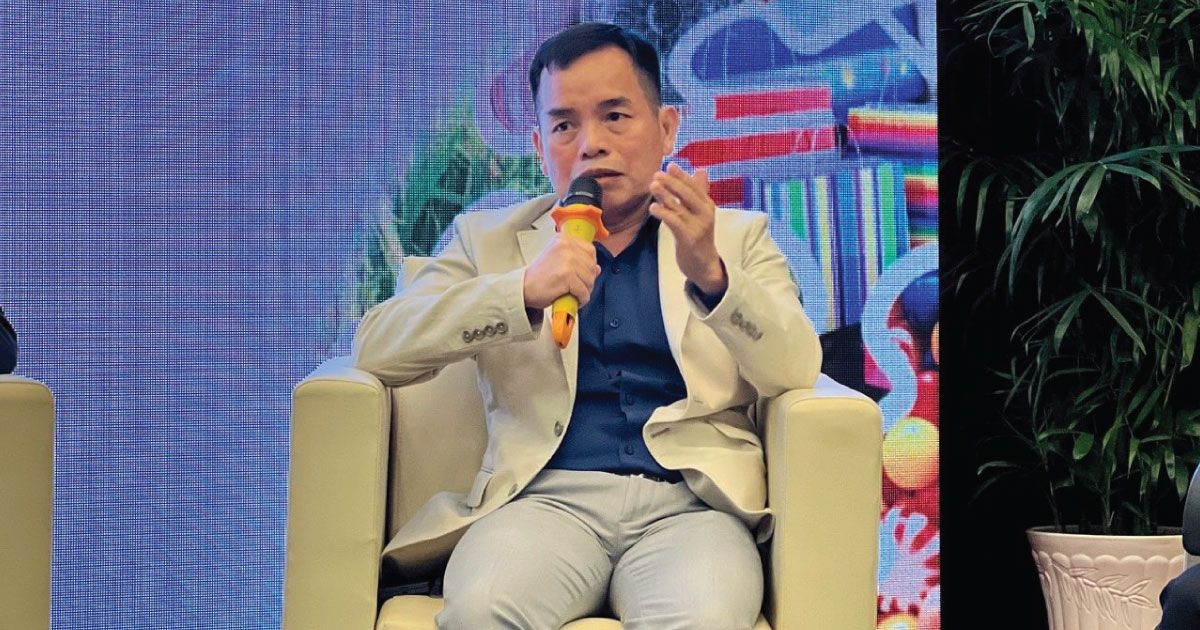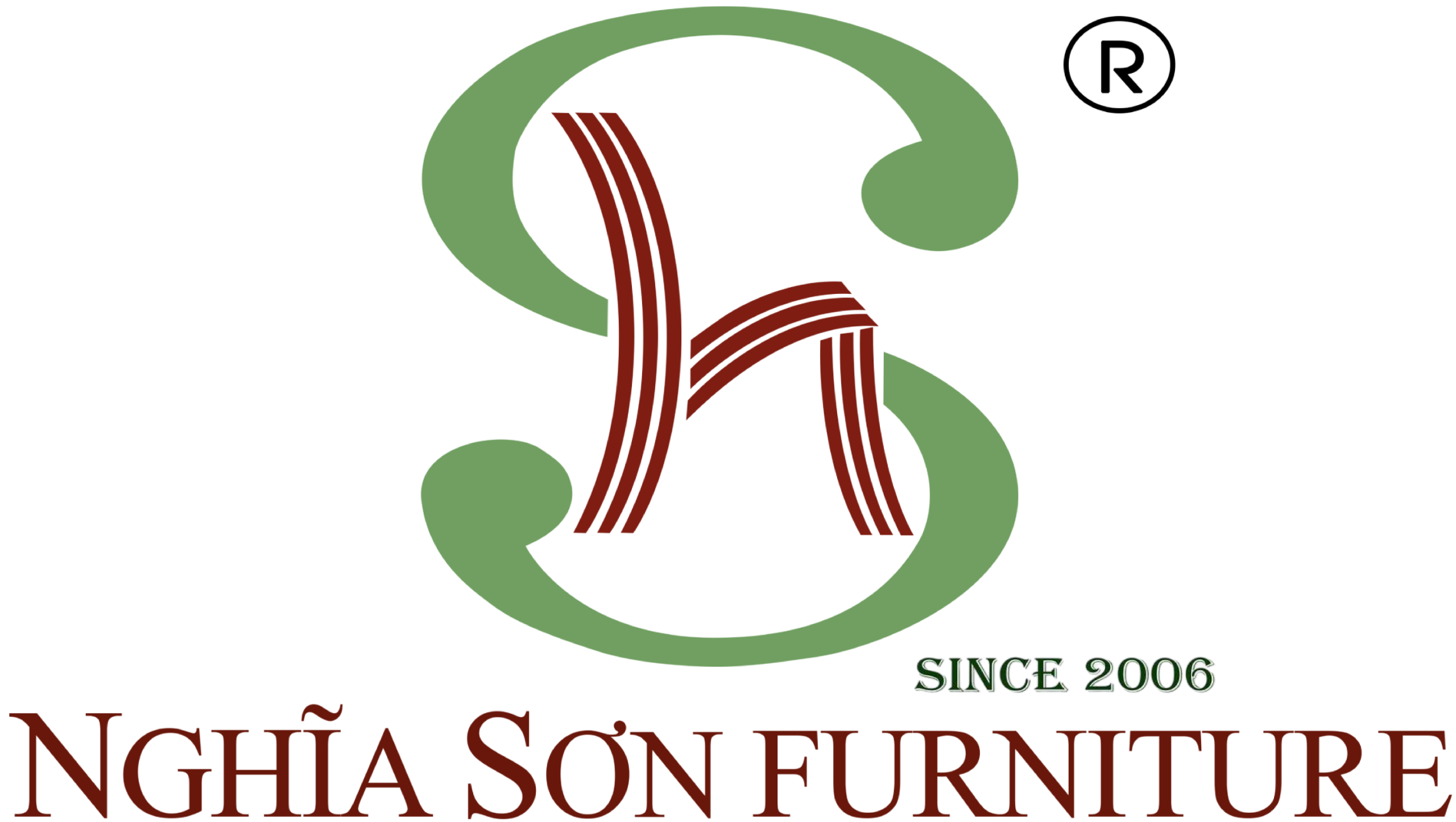EUDR challenges at the threshold of the EU market for the wood industry

Vietnam’s wood industry will face the EU’s strict EUDR standards from the end of 2025, which is both a big challenge and an opportunity to improve the sustainable supply chain.
The Ministry of Industry and Trade has just coordinated with the Ho Chi Minh City People’s Committee to organize the Workshop “Market Diversification Strategy: From Risk to Opportunity”.
This is a key event within the framework of Vietnam International Sourcing 2025, attracting the participation of management agencies, industry associations, businesses and international partners.

Mr. Huynh Le Dai Thang, Member of the Executive Committee of the Handicraft and Wood Processing Association of Ho Chi Minh City (HAWA) shared at the workshop.
Speaking at the workshop, Mr. Huynh Le Dai Thang, Member of the Executive Committee of the Handicraft and Wood Processing Association of Ho Chi Minh City (HAWA) – Director of Nghia Son Furniture Company Limited said that the wood industry is one of the export pillars of Vietnam, with an annual turnover of about 15 billion USD.
However, wood and furniture businesses are now facing increasingly stringent requirements from import markets, especially regarding sustainable development, green production and responsible consumption.
As for the EU, from December 30, 2025, all wood products exported to this bloc must comply with the EUDR Regulation, including traceability and a commitment to not cause deforestation or forest degradation from December 31, 2020.
This means that the timber supply chain must ensure compliance with the law at the place of production and have transparent traceability documents. Failure to do so could result in goods being rejected or even destroyed by EU customs.
Mr. Thang said that currently, HAWA has more than 600 members. If calculated by July 2025, after the merger of Ho Chi Minh City, Binh Duong and Ba Ria – Vung Tau, the number of members will increase to thousands of enterprises, of which more than 90% are small and medium enterprises. Therefore, although many enterprises have proactively prepared since two years ago, there are still many units that are confused.
This is a worrying risk as not everyone in the current business community is fully aware of the strict standards of the import market. Therefore, HAWA is making efforts to support and train members to understand and implement promptly.
Not only EUDR, businesses wishing to enter the EU must also comply with the BSCI (Business Social Compliance Initiative) standards, which assess social responsibility in business. “We cannot access this market without upgrading ourselves to the standards set by importers, such as global buyer IKEA,” Mr. Thang emphasized.
In fact, meeting international standards is a big challenge. For example, Nghia Son Company, when exporting orders to IKEA Group, also encountered many difficulties in the process of evaluating suppliers.
To date, the country has only less than 10 businesses that are qualified to supply IKEA, while the group’s demand is huge. That means, despite many challenges, any business that wants to join must invest in upgrading its production, management and social responsibility systems to international standards.
Not only IKEA, the lesson is that when entering a new market, businesses must carefully research consumer tastes and legal standards, thereby having an appropriate investment strategy.
“The market not only creates barriers, but also opens up opportunities. If we know how to take advantage of FTA incentives, proactively adapt to tariff and non-tariff barriers, and at the same time promote green transformation, digital transformation and innovation, Vietnamese enterprises can completely improve their position in the global supply chain,” Mr. Thang shared.
Source: https://baodautu.vn/thach-thuc-eudr-truoc-nguong-cua-thi-truong-eu-cua-nganh-go-d379222.html
